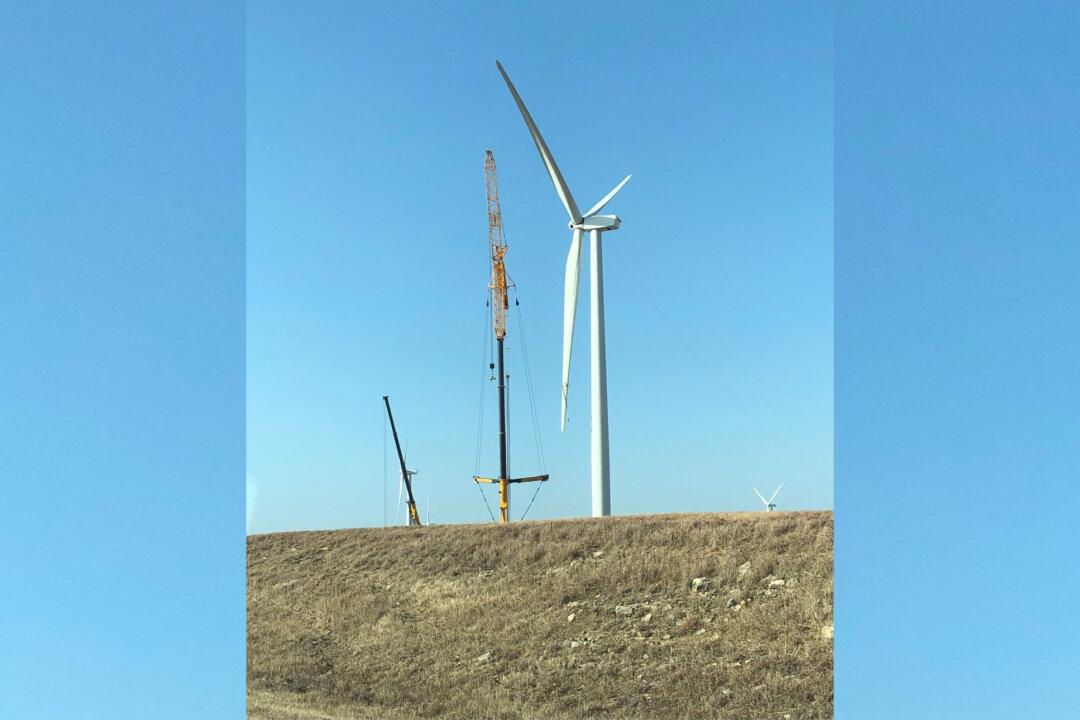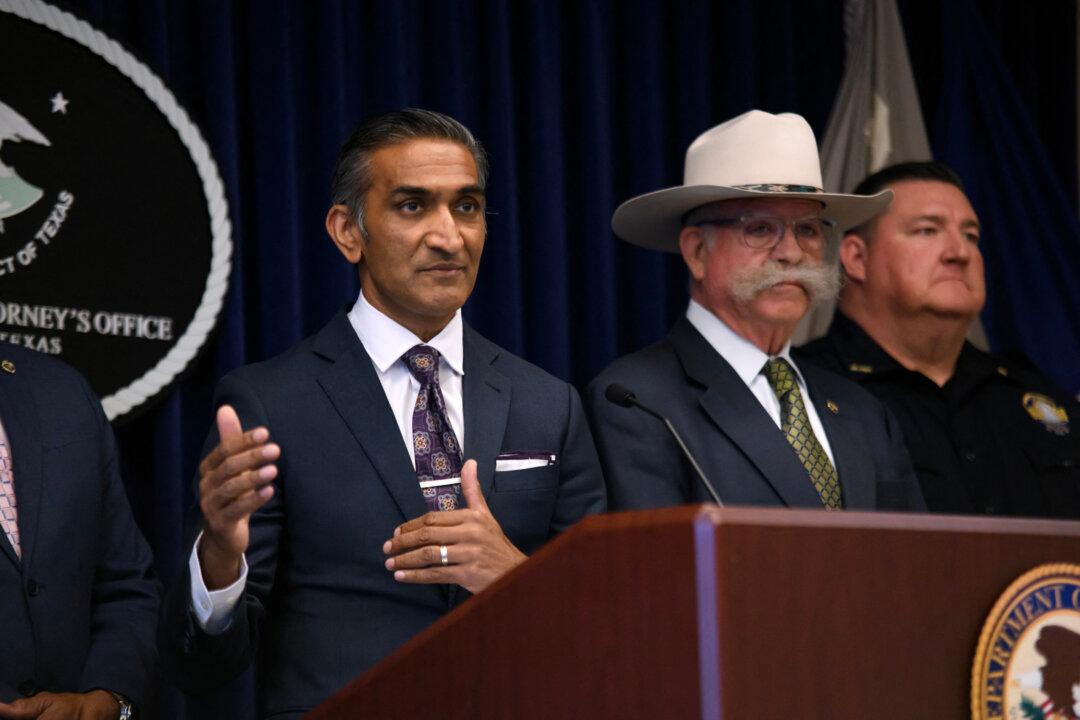An Oklahoma judge has ordered the removal of a massive wind farm after declaring that it was erected without permission from the Native American tribe that holds rights to the land.
Judge Jennifer Choe-Groves ruled that the 84-turbine wind farm and its supporting infrastructure must be torn down, as its construction violated the sovereignty of the Osage Nation and required a lease from the tribe’s minerals council, which the wind farm companies had failed to obtain.





